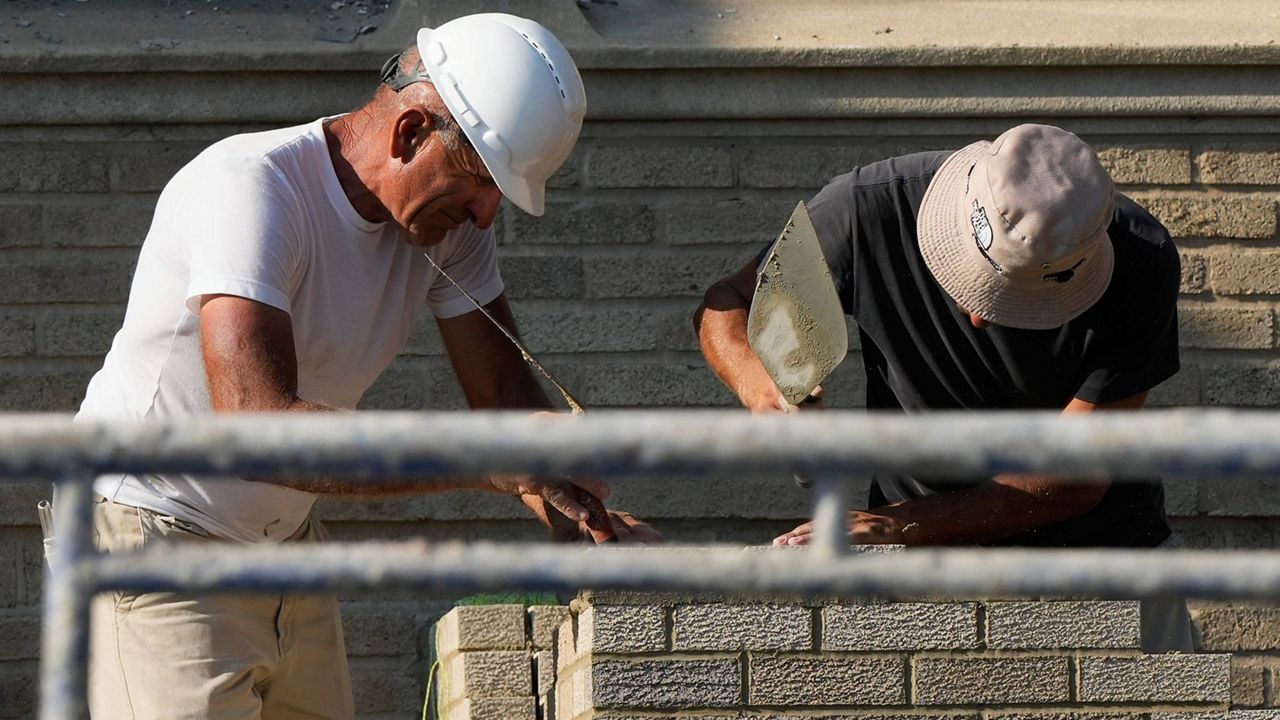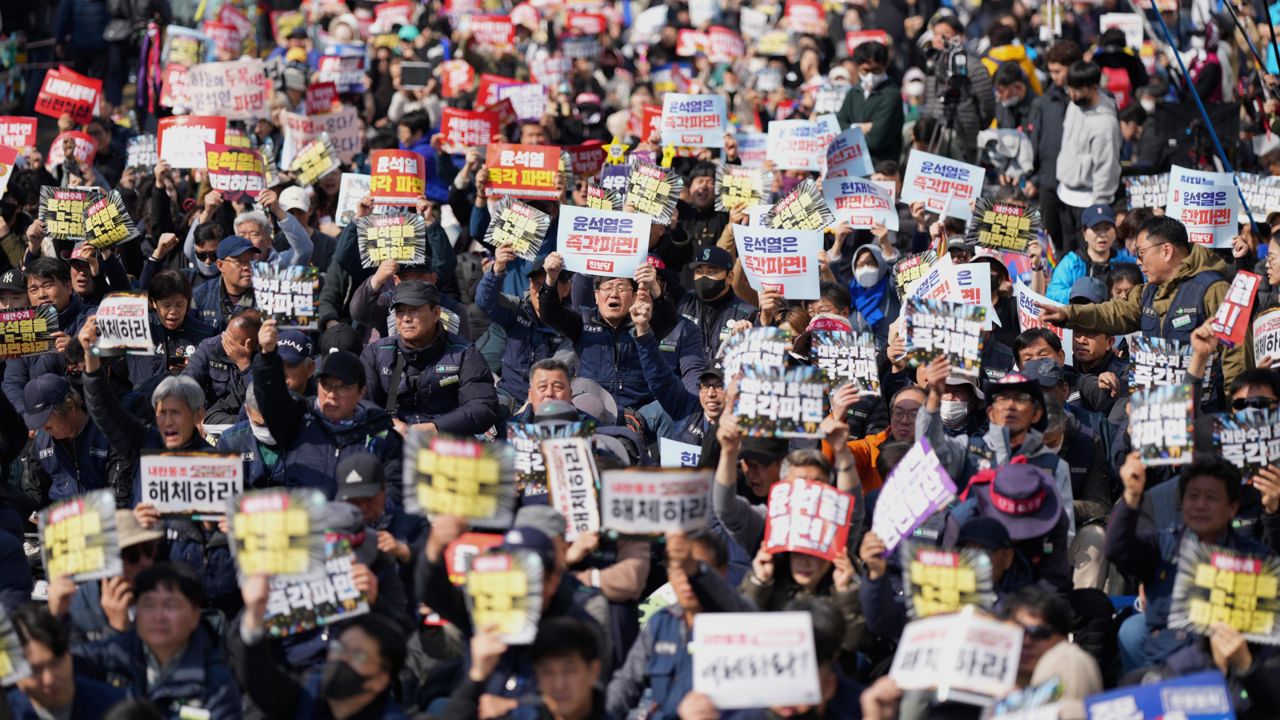RIVERSIDE, Calif. — Latino residents now make up over 50% of the population in the Inland Empire, but civic engagement within this demographic is still exceedingly low. In 2020, only half of eligible IE Latinos voted in the November election. With midterms just weeks away, one organization hit the fields to teach the farmworkers the importance of their vote.
On election night the TODEC Legal Center uses its “Vota Van” to transport people to the polls, but until then, Luz Gallegos and her team of volunteers use it to head out to the fields of Riverside, San Bernardino and Coachella Valley with resources for the hundreds of farmworkers up before the sun, rain or shine.
“This part of the county, it gets really cold, so we’re gonna take them a vest that will keep them warm, but if it’s hot, it’ll keep them cool, so it’s a new technology,” Gallegos explained.
She’s the executive director of the TODEC Legal Center, helping immigrants and farmworkers in the Inland Empire. As the election nears, their outreach focuses on civic engagement, educating the farmworkers on the importance of voting and removing any barriers that may stop them.
“We have to go at the grassroots level so we can penetrate, and they understand the rights and they understand what’s coming, what resources are coming,” Gallegos explained.
They’re teaching them how to research the candidates and the propositions that affect them. Gallegos says there’s a growing group of newly naturalized citizens who are eligible to vote for the first time this election, and even those who are still undocumented have family and friends to inform.
One of the workers, Cruz, hasn’t been able to get his citizenship yet, but says he’s been working in these fields for about five years.
“It’s muy difícil,” he said in Spanish.
The job is very difficult on him, his body and his hands. But he has no other option, he said. This is the only way he can feed his family. He’s grateful for Gallegos who’s also teaching them about workers’ rights and the state’s supplemental sick pay in case he catches COVID.
Cruz said he knows his voice matters and when he can vote, it will open the opportunity for change.
These are the people 21-year-old Monserrat Gomes wants to help as a volunteer and student learning immigration law. She knows the binding fear Cruz feels firsthand, as the daughter of two undocumented parents who got her DACA status thanks to TODEC.
“I want to give the same relief that was given to me,” Gomes explained. “Because when TODEC gave me that help, that relief all those years back, I kid you not; there was a weight off my chest. Not even off my shoulders, off my chest. And just like this little fluttering feeling of like, thank you.”
It’s the impact that Luz says keeps this organization afloat.
“They don’t forget who helped them and they come back, we all come back,” Gallegos said.
A pendulum passing forward the critical resources they once needed, while pushing the growing footprint of Latino voters to exercise this power at the polls.
According to a recent data profile by UC Riverside’s Center for Social Innovation, there are 197 Latino elected officials in the Inland Empire, though representation is still well below the Latino populations’ majority status in this region.












